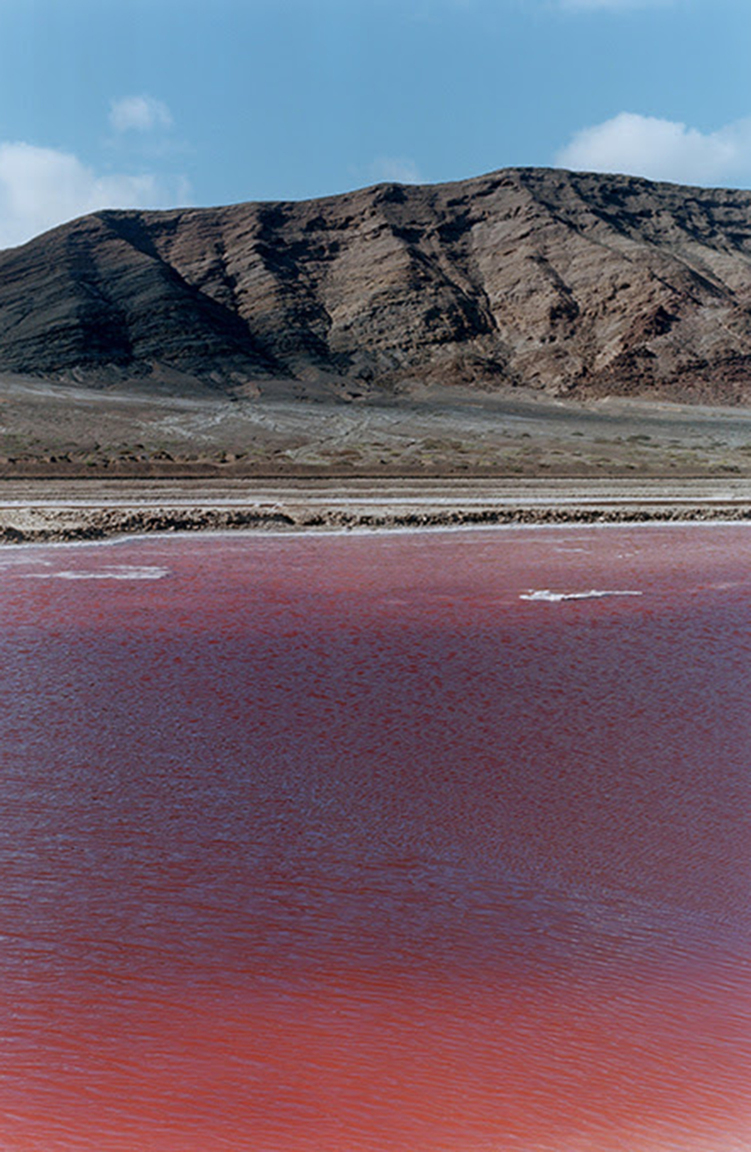Talk

Open Lecture: Sara R. Yazdani
Social Fabric: On Contemporary Art, Technologies and Imaginary Environments.
Abstract: How and when does a being become autonomous? What makes an environment?
In her lecture, Sara R. Yazdani explores how notions of the environmental and the social have been explored in contemporary art in which new types of affective formations and process ontologies have been emphasized against the anthropocentric world-view. The lecture circles around processes and environments, as investigated in the late 20th century art, looking at how artistic practices of the 1990s provoked alternative, relational approaches to of visual art by emphasizing the forces of matter and media technologies, strange relations, and environmental formations. Then, the object of art and the exhibition space (it seems) became means to enrich a new art discourse on what an object can do, process ontologically conceptualized as a speculation about the future. This goes to suggest that the work of art was no longer to be regarded as autonomous or aesthetic objects in the traditional sense, but as some strange beings, even though not living, with an ability to create or fabricate media atmospheres and social relations.
Sara R. Yazdani is an art historian and art critic. In 2019 she gained her PhD in History of Art and Media Theory from the University of Oslo. Her fields of research are modern and contemporary art with a particular focus on history and theory of photography, the relationship between art, media, technologies, theories of the Anthropocene, and process philosophy. Her work is published in ArtJournal, Artforum, Flash Art, Kunstkritikk and a plural of anthologies and catalogues on modern and contemporary art. Fall 2020, she is a guest lecturer in art theory at the Oslo National Academy of the Fine Arts, Oslo (the MA Art and Public Space program).